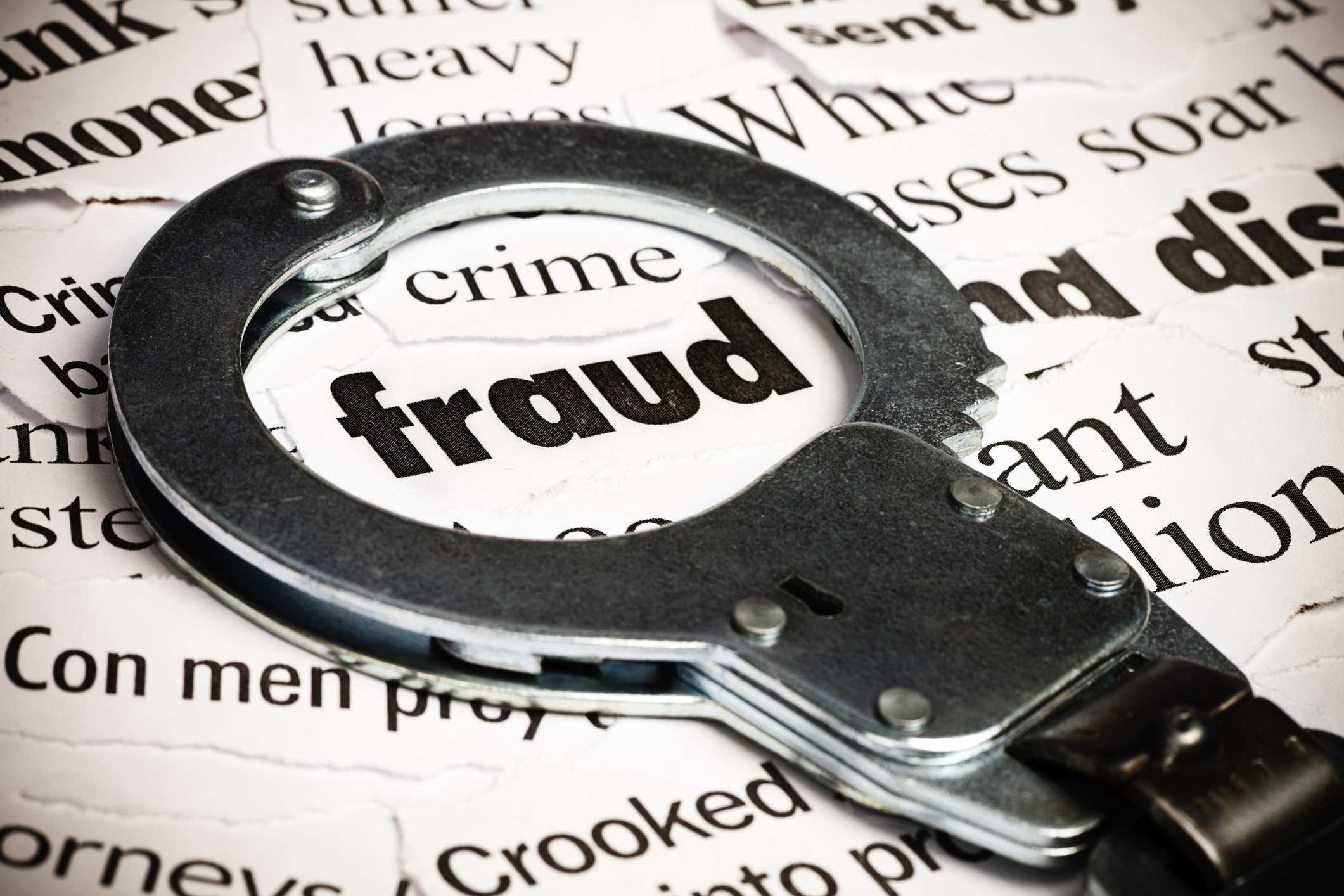
AI deep fakes, identity theft and fake charity schemes are among the biggest scams targeting either individuals or businesses in 2024, according to a new report from credit reporting agency Experian.
Deceptive deepfake content, ranging from emails, voice and video and fraudulent websites, is increasing in particular due to generative artificial intelligence (AI). Deepfakes are synthetic media that have been digitally manipulated to replace a person's likeness with that of another.
More than 65% of Americans say they sometimes come across altered videos and images intended to mislead.
Deepfakes have empowered fraudsters to embrace a “do-it-yourself” approach to fraud and make consumers and businesses more vulnerable to attacks, according to Experian’s 2024 Future of Fraud forecast.
Key findings of the report:
- Nearly 70% of businesses report that losses due to fraud have increased in recent years.
- More than half of all consumers feel they are more of a target of fraud than one year ago.
Experian suggests consumers and businesses be on the alert for these five fraud threats in 2024:
1. AI scams, including deep fakes, stolen identities
Generative AI has resulted in numerous benefits across industries, but it has also made fraud more accessible and put consumers and businesses at risk. Besides escalating deepfake content, fraudsters may also use AI to engineer “proof of life” schemes socially, duping people out of hundreds, if not thousands, of dollars. Using stolen identities, fraudsters can create fake identities online and through social media and interact with these new profiles that look real to the consumer.
2. Weaker fraud protection at in-person banks
Over the years, there’s been a substantial migration to digital banking. But recently, many consumers have returned to credit unions and bank branches to open new accounts or get financial advice in person. They do this to feel safer and avoid potential online security risks. The problem is, bank checks to verify identity are currently rife with problems, including human error oversight as most banks don't use biometrics.
According to an Experian report, 85% of consumers report physical biometrics as the most trusted and secure authentication method they’ve recently encountered. However, only 32% of businesses currently use physical biometrics to detect and protect against fraud.
Experian predicts that over this year bank branches will need to substantially step up the use of biometrics when verifying the identity of new customers.
3. Increased retail fraud, as businesses are hit with empty returns
With a rise in online shopping, fraudsters have found creative ways to scam some retailers and small businesses. For example, let’s say a customer bought a pair of pants but decided to return them. However, when the company receives the return, the box is empty. The customer says they returned the product and it must have gotten lost in the mail, leaving the business to incur the loss of goods and revenue.
4. Synthetic identity fraud
During the pandemic, many fraudsters created synthetic identities. Although dormant for the past couple of years, fraudsters can now use these dormant accounts to “bust out” and steal funds.
5. Fake GoFundMe and charity scams
Fake GoFundMe campaigns, social media giveaways, charity fundraising and investment opportunities that appear too good to be true are often used to gain access to consumers’ personal information. Experian predicts these deceptive “tug-at-the-heartstrings” methods of deception will surge in 2024 and beyond.
“The speed and complexity of fraud attacks due to new technology and sophisticated fraudsters is leaving both businesses and consumers at risk in 2024,” said Kathleen Peters, chief innovation officer at Experian Decision Analytics in North America. “Now more than ever, businesses need to implement a multilayered approach to their identity verification and fraud prevention strategies that leverages the latest technology available.”
To learn more about Experian’s fraud prevention suggestions, visit https://www.experian.com/business/solutions/fraud-management.







